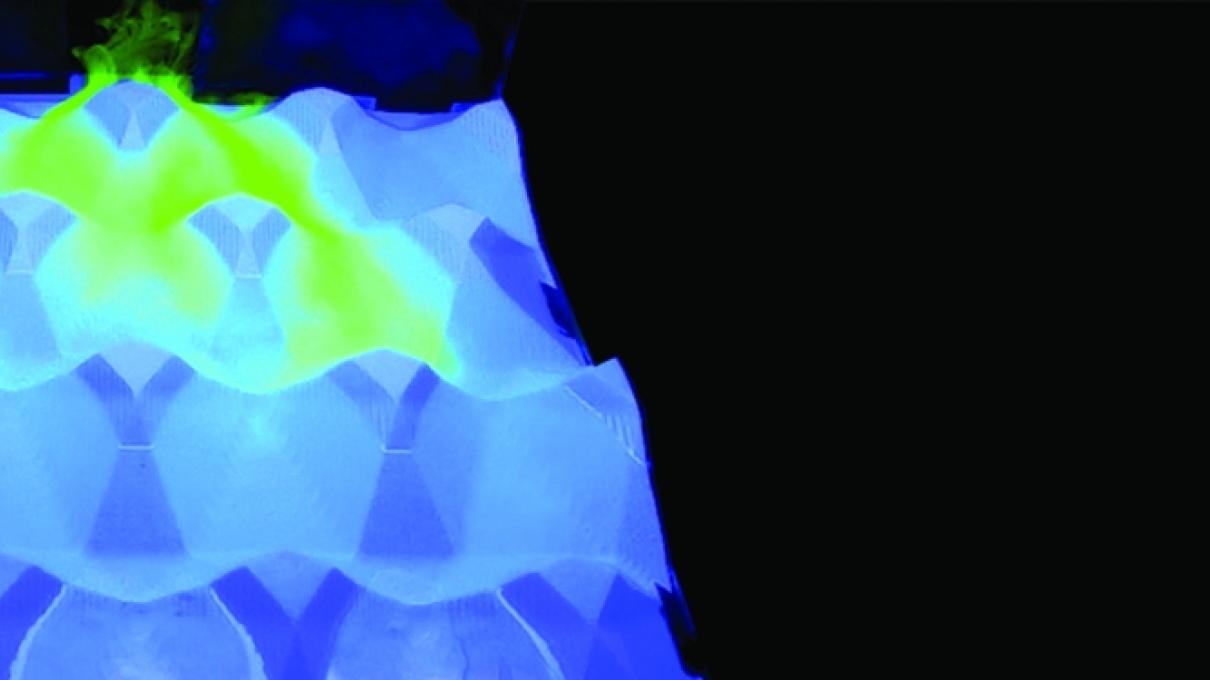Workshops on Neighborhood Sustainability and Urban Wetlands

The Center will be offering two workshops during IAP (January, 2017): a workshop on simulating neighborhood sustainability, and a hands-on lab-based workshop on designing urban wetlands.
11.S951: Using digital simulation mechanics to design sustainable neighborhood typologies
Instructors: Mary Anne Ocampo, David Birge, Sneha Mandhan
The course is aimed at developing design solutions for the various sustainability related issues faced by native neighborhoods in Abu Dhabi, United Arab Emirates. The course forms a part of an ongoing research effort at the MIT Norman B. Leventhal Center for Advanced Urbanism, in partnership with the Masdar Institute of Science and Technology. Through the course, students get exposed to the issues of residential neighborhoods in the region, learn new digital simulation tools and employ them to measure levels of sustainability in existing neighborhoods and design new neighborhoods. The course will build from the existing concepts of Urban Metabolism, and the baseline measurements they provide, while then adding the possibility to simulate the effects on metabolism caused by changes to the three main factors that influence any metabolic flow at a neighborhood scale: human behavior, technological efficiency, and system configuration. This course will offer a unique opportunity for students to learn digital tools that aid the neighborhood design process by providing real time feedback about relative levels of environmental and social sustainability. The end goal of the IAP course is for students to develop new, more sustainable neighborhood typologies for the GCC region that have been tested and optimized through the use of the digital tools.
11.S952: Infrastructure for green cities, designing urban constructed wetlands
Instructors: Professor Heidi Nepf (civil engineering) and Celina Balderas Guzmán, with guest lecture by Peter del Tredici (ecology)
With climate change, stormwater increasingly threatens cities with water quality problems and flooding. Constructed wetlands are a popular type of green infrastructure intended to collect, treat, and store stormwater from urban watersheds. As a large-scale landscape, they have the potential to perform not just hydrologic functions, but also urban design and ecological functions. This intensive, 2-week workshop will bring together teams of urban designers (planners or architects) and engineers to jointly develop an urban wetland design using parametric modeling and fluid dynamics testing. The design challenge is to combine the intentional manipulation of water with other urban functions, showing sensitivity to the surrounding urban context. The teams will fabricate scaled models of their designs and test their water treatment performance in the Nepf Environmental Fluid Dynamics Lab. This workshop is based on an on-going LCAU research project funded by the MIT JWAFS Lab.


